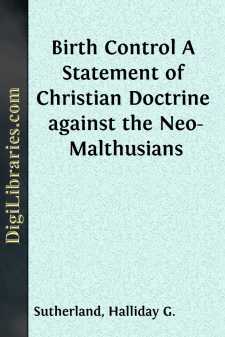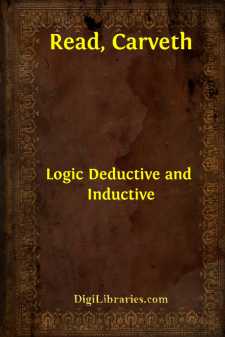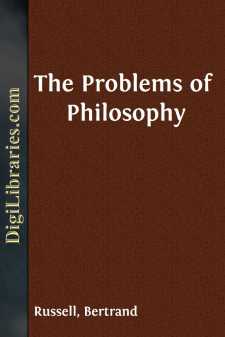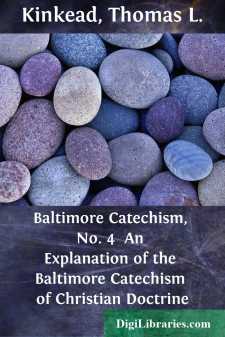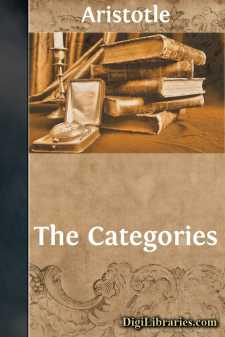Categories
- Antiques & Collectibles 13
- Architecture 36
- Art 48
- Bibles 22
- Biography & Autobiography 814
- Body, Mind & Spirit 145
- Business & Economics 28
- Children's Books 17
- Children's Fiction 14
- Computers 4
- Cooking 94
- Crafts & Hobbies 4
- Drama 346
- Education 53
- Family & Relationships 59
- Fiction 11833
- Foreign Language Study 3
- Games 19
- Gardening 17
- Health & Fitness 34
- History 1377
- House & Home 1
- Humor 147
- Juvenile Fiction 1873
- Juvenile Nonfiction 202
- Language Arts & Disciplines 88
- Law 16
- Literary Collections 686
- Literary Criticism 179
- Mathematics 13
- Medical 41
- Music 40
- Nature 179
- Non-Classifiable 1768
- Performing Arts 7
- Periodicals 1453
- Philosophy 66
- Photography 2
- Poetry 897
- Political Science 203
- Psychology 45
- Reference 154
- Religion 516
- Science 126
- Self-Help 85
- Social Science 82
- Sports & Recreation 34
- Study Aids 3
- Technology & Engineering 59
- Transportation 23
- Travel 463
- True Crime 29
Our website is made possible by displaying online advertisements to our visitors.
Please consider supporting us by disabling your ad blocker.
Birth Control A Statement of Christian Doctrine against the Neo-Malthusians
Categories:
Description:
Excerpt
CHAPTER I
THE ESSENTIAL FALLACIES OF MALTHUSIAN TEACHING
Section 1. MALTHUS AND THE NEO-MALTHUSIANS
Birth control, in the sense of the prevention of pregnancy by chemical, mechanical, or other artificial means, is being widely advocated as a sure method of lessening poverty and of increasing the physical and mental health of the nation. It is, therefore, advisable to examine these claims and the grounds on which they are based. The following investigation will prove that the propaganda throughout Western Europe and America in favour of artificial birth control is based on a mere assumption, bolstered up by economic and statistical fallacies; that Malthusian teaching is contrary to reason and to fact; that Neo-Malthusian practices are disastrous alike to nations and to individuals; and that those practices are in themselves an offence against the Law of Nature, whereby the Divine Will is expressed in creation.
(a) Malthus
The Rev. Thomas Malthus, M.A., in 1798 published his Essay on the Principle of Population. His pamphlet was an answer to Condorcet and Godwin, who held that vice and poverty were the result of human institutions and could be remedied by an even distribution of property. Malthus, on the other hand, believed that population increased more rapidly than the means of subsistence, and consequently that vice and poverty were always due to overpopulation and not to any particular form of society or of government. He stated that owing to the relatively slow rate at which the food supply of countries was increased, a high birth-rate [1] inevitably led to all the evils of poverty, war, and high death-rates. In an infamous passage he wrote that there was no vacant place for the superfluous child at Nature's mighty feast; that Nature told the child to be gone; and that she quickly executed her own order. This passage was modified in the second, and deleted from the third edition of the Essay. In later editions he maintained that vice and misery had checked population, that the progress of society might have diminished rather than increased the "evils resulting from the principle of population," and that by "moral restraint" overpopulation could be prevented. As Cannan has pointed out, [2] this last suggestion destroyed the force of the argument against Godwin, who could have replied that in order to make "moral restraint" universal a socialist State was necessary. In order to avoid the evils of overpopulation, Malthus advised people not to marry, or, if they did, to marry late in life and to limit the number of their children by the exercise of self-restraint. He reprobated all artificial and unnatural methods of birth control as immoral, and as removing the necessary stimulus to industry; but he failed to grasp the whole truth that an increase of population is necessary as a stimulus not only to industry, but also as essential to man's moral and intellectual progress.
(b) The Neo-Malthusians
The Malthusian League accept the theory of their revered teacher, but, curiously enough, they reject his advice "as being impracticable and productive of the greatest possible evils to health and morality." [3] On the contrary, they advise universal early marriage, combined with artificial birth control....


